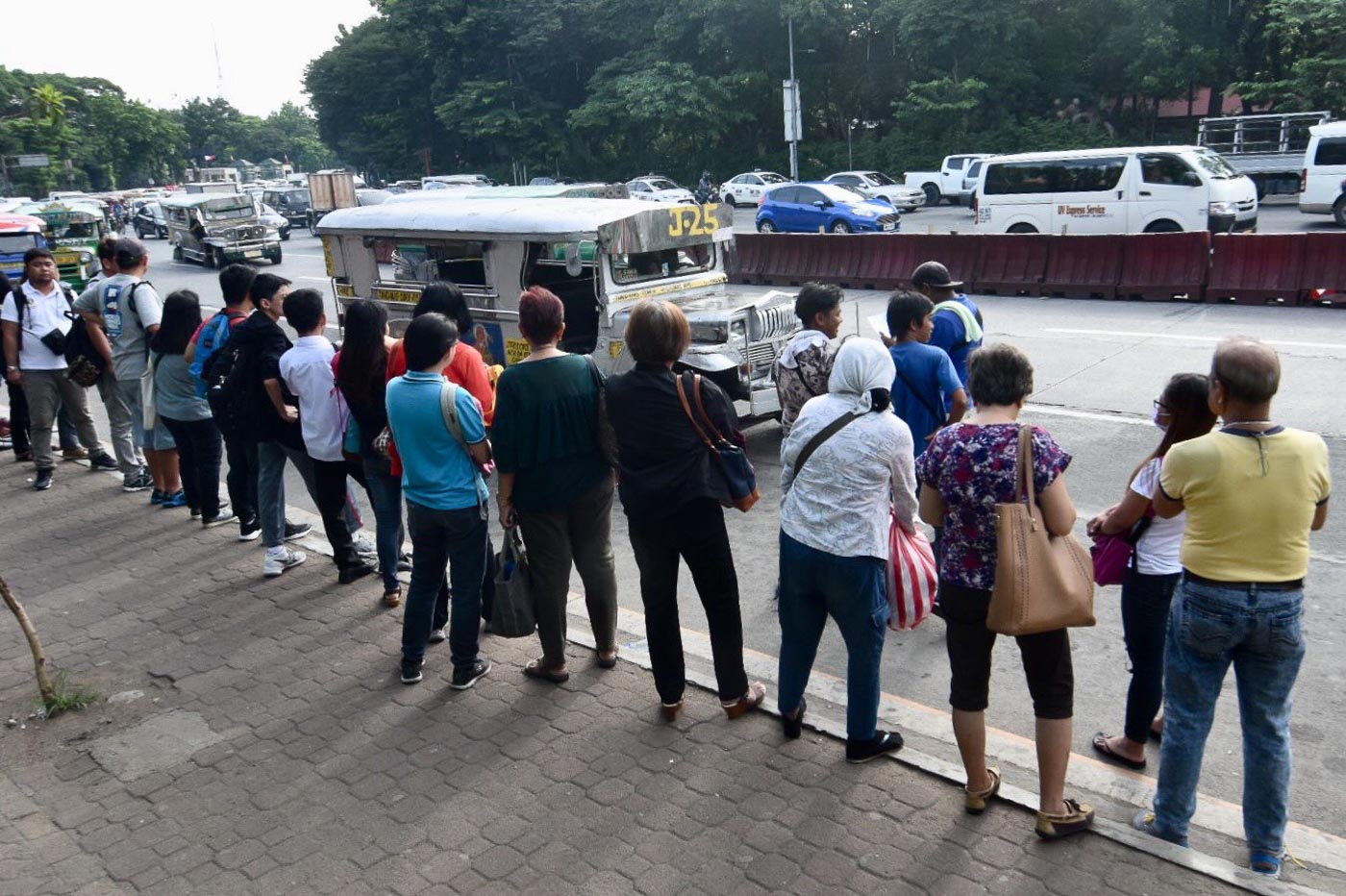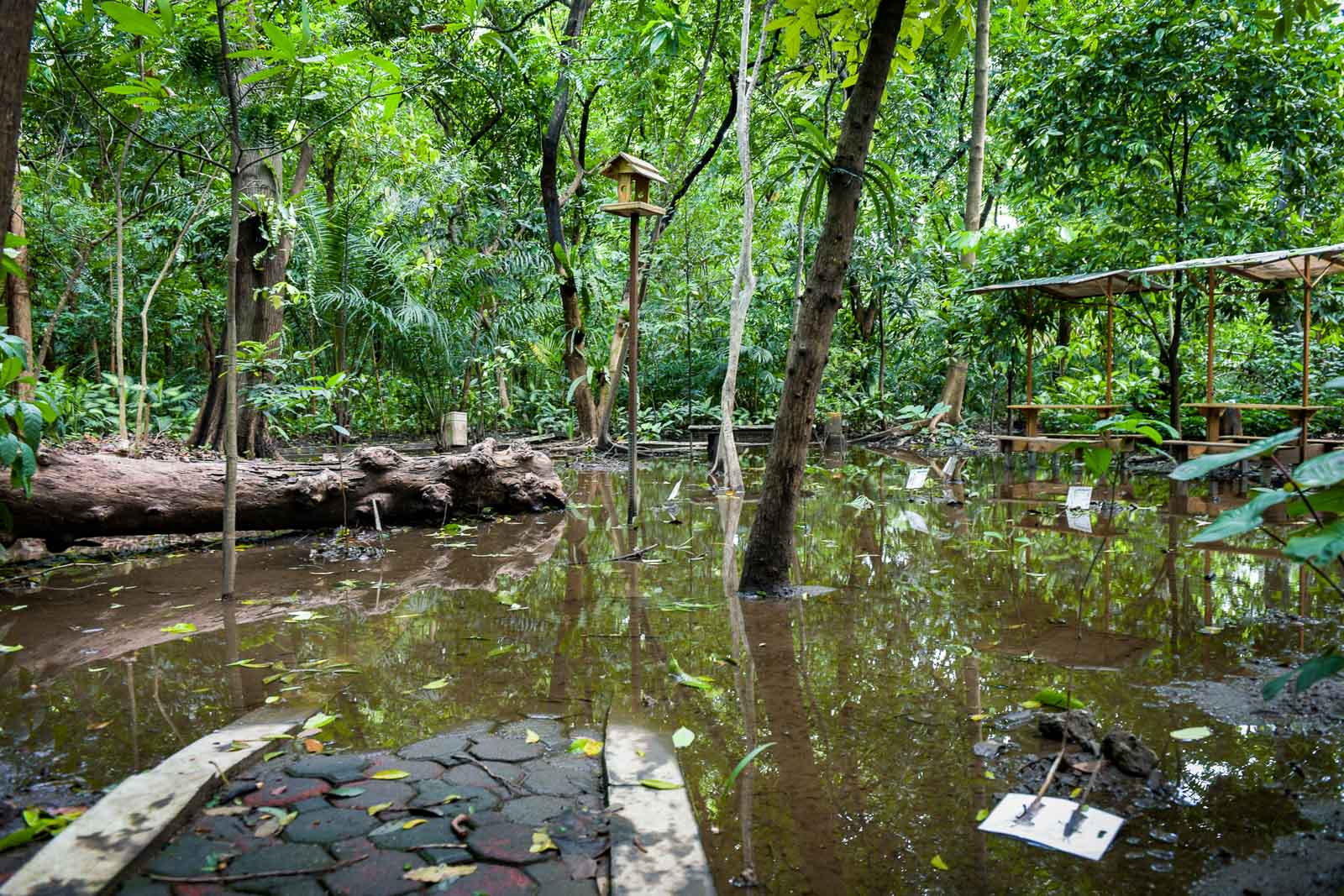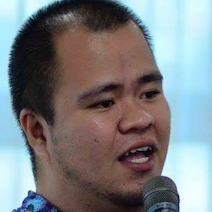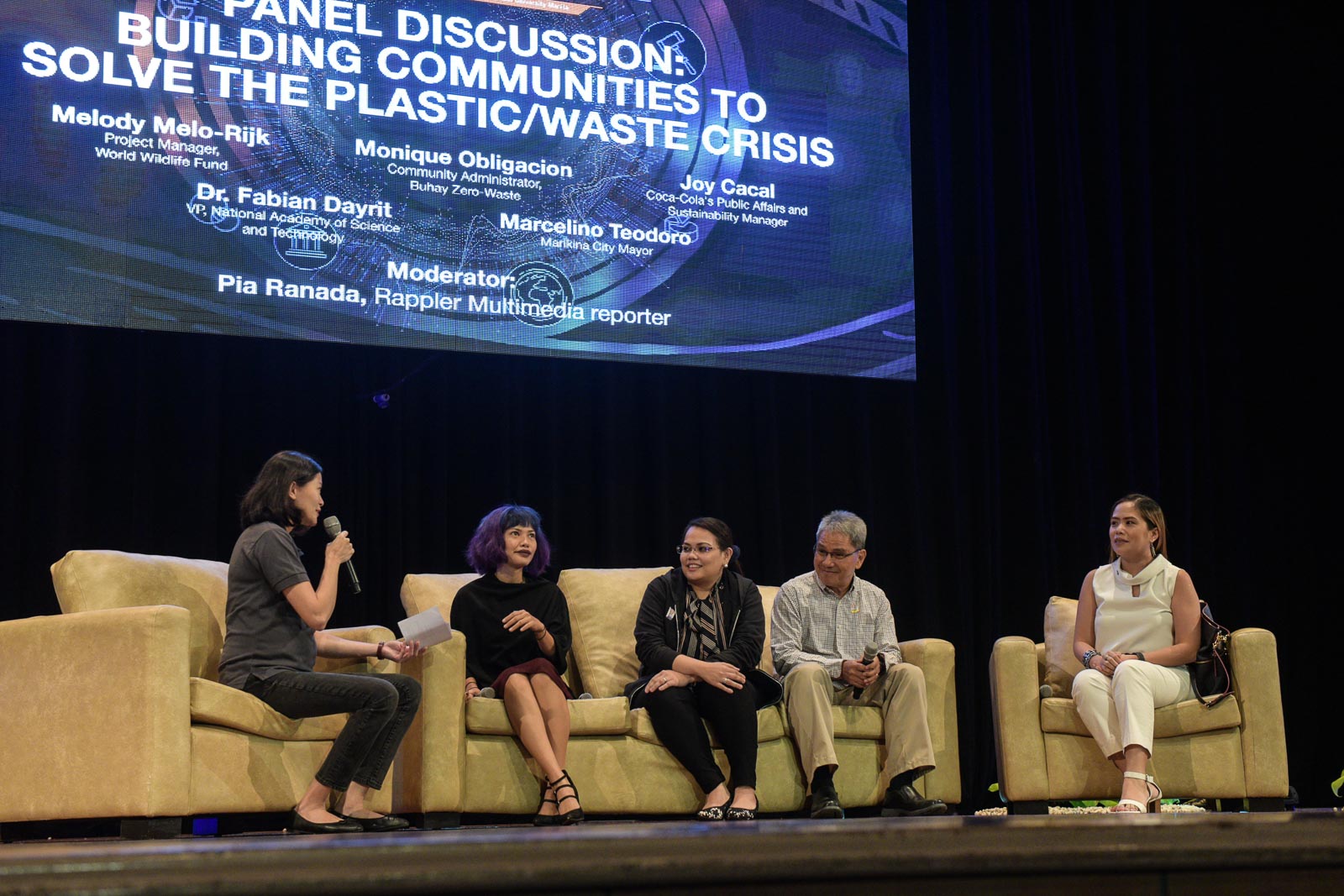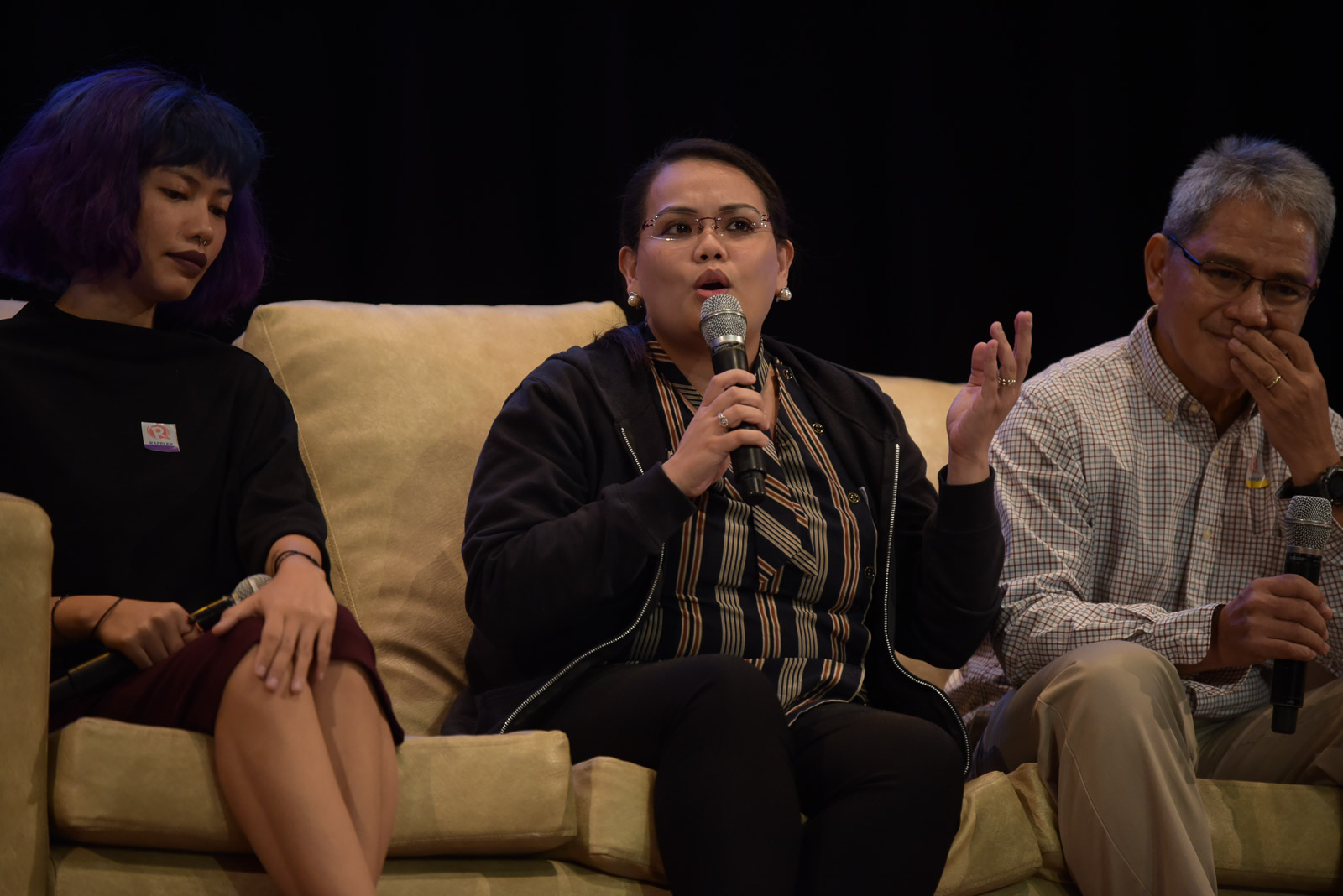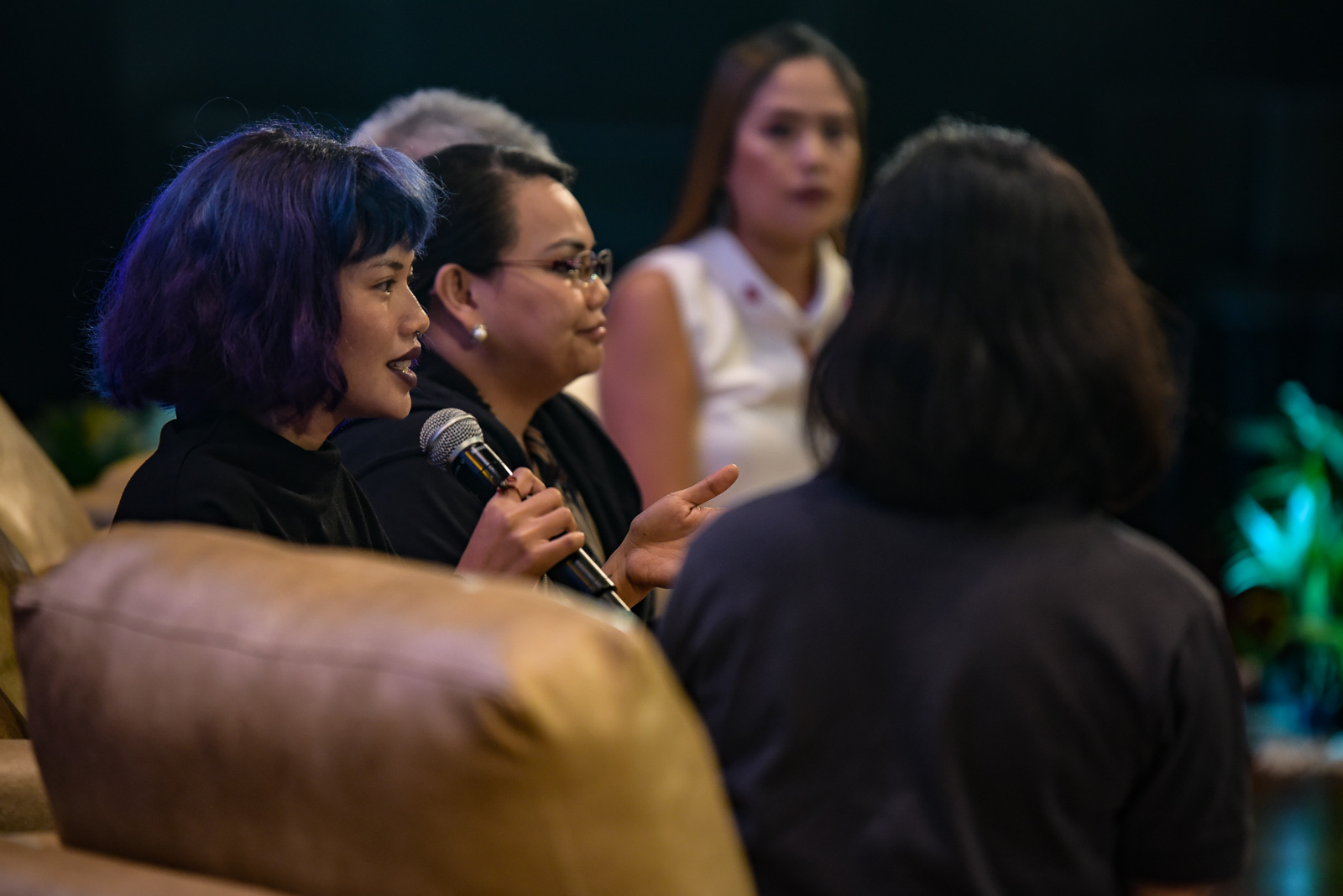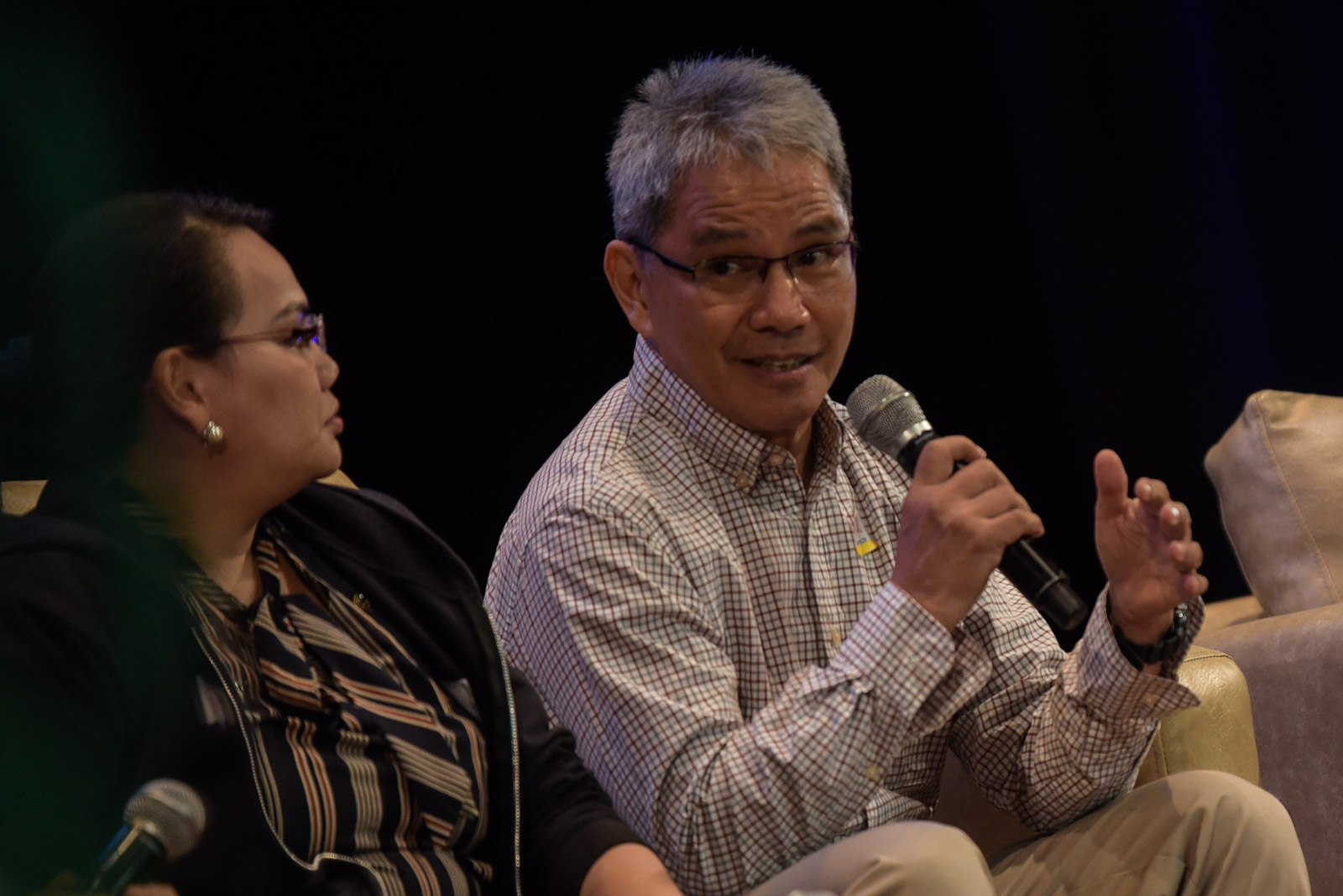
MANILA, Philippines – Various groups will stage protest actions and activities to commemorate the 47th anniversary of late dictator Ferdinand Marcos’s declaration of martial law.
Marcos’s declaration of martial law on September 21, 1972, by virtue of Proclamation 1081 effectively curtailed freedom of speech and many other civil liberties through the suspension of the 1935 Constitution and the placement of all media under state control. (READ: Martial Law, the dark chapter in Philippine history)
Youth groups will lead a multi-sectoral protest in Luneta on Friday, September 20, against the return of the late strongman’s family into politics and a looming dictatorship under President Rodrigo Duterte.
Also participating in the Luneta protest is the newly-formed One Taft Against Fascism & Tyranny (One TAFT), an alliance against authoritarianism composed of students and youth leaders from various schools in the Taft Avenue area of Manila, such as De La Salle University, De La Salle - College of St. Benilde, St Scholastica’s College, University of the Philippines Manila, Pamantasan ng Lungsod ng Maynila, Lyceum of the Philippines University, and Mapua University.
“It is the youth who shall suffer from the long-term effects of anti-people policies we have today. So it is necessary that we, the youth, act now,” said Raoul Manuel from the National Union of Students of the Philippines in a press briefing in Intramuros on Monday, September 16.
The multi-sectoral coalition United People’s Action (UPA) has pledged support for the youth groups, echoing opposition against the increasing number of attacks against government critics.
Staging their own mobilizations prior to the main protest action in Luneta, the UPA will decry the harassment and death of sectoral workers and human rights defenders. (READ: Powering through a crisis: Defending human rights under Duterte)
Meanwhile, the University of the Philippines (UP) turned its logo black on Facebook as it marks its second year of Day of Remembrance. Since 2018, the UP Day of Remembrance is celebrated every September 21 to commemorate and honor the “memory of the University’s best and brightest who struggled against dictatorship and despotism.”
On the 20th, it will screen martial law-themed films, such as Liway, free of charge, on top of a forum on media, martial law, and human rights. Protest actions will also be done across different UP campuses.
Here is a running list of protests and activities to commemorate the 47th anniversary of martial law:
Cordillera Administrative Region
In Baguio, groups such as Cordillera Movement Against Tyranny, Cordillera Youth Center, UP Baguio University Student Council, and Cordillera Human Rights Alliance will hold the martial law-anchored Cordillera Human Rights Summit. The summit features award-winning journalist Inday Espina-Varona, 2019 Gwangju Award for Human Rights recipient Joanna Patricia Carino, and University of the Cordilleras President Ray Dean Salvosa as speakers.
1 pm: Cordillera Human Rights Summit, UP Baguio
4:30 pm: Assembly point at UP Baguio parking lot
5:30 pm: Igorot Park
Metro Manila
Prior to the main protest in Luneta at 3 pm, various organizations and school-based organizations in Metro Manila will stage their own martial law commemorations that highlight sector-based calls against authoritarianism, particularly those concerning the rights of activists, laborers, farmers, women and children, teachers, students, artists, journalists, and the LGBTQ+ community.
Mass organizations, such as Bagong Alyansang Makabayan and the Kalipunan ng Damayang Mahihirap, will hold a program in Mendiola from 12 pm to 1:30 pm. They will voice out the experience of the peasantry, laborers, and the urban poor within the context of what they see as President Duterte’s anti-poor policies and militarization efforts.
Meanwhile, youth groups Samahan ng Progresibong Kabataan , PUP Speak, Kaisa UP and Bukluran PLM will hold a program at 12 pm prior to proceeding to Luneta via Ayala Bridge. They will slam the red-tagging of activists and the encroachment of police and military forces into schools, among other contentious government policies.
A musical gig called "NEVER FORGET! NEVER AGAIN! Remembering Escalante Massacre" in Green Papaya Art Projects in Kamuning, Quezon City, will feature Aly Cabral, The Geeks, Grrl Cloud, The Buildings, and BLKD x Calix’s performances for the benefit of a campaign against the killing of farmers, civilians, and human rights activists in Negros island. The event will give emphasis on the 1985 Escalante Massacre which gunned down 20 civilians engaged in protest against the Marcos regime.
Here are other protests happening in Metro Manila before protesters head to Luneta to converge with other groups:
12 pm: Assembly in front of Gate 2.5
2 pm: Morayta
4 pm: United People’s Action at Luneta
12:30 pm: Candle lighting program at LS Facade, DLSU-M
1 pm: Mass-up at the vicinity of Mcdonald’s Vito Cruz
2 pm: March to PGH
3 pm: United People’s Action at Luneta
De La Salle - College of St. Benilde (CSB)
1 pm: Local program
1:45 pm: Mass-up in front of CSB
2 pm: March to Philippine General Hospital (PGH)
3 pm: United People’s Action at Luneta
Intramuros Schools (Lyceum of the Philippines University, Mapua, Letran)
1:30 pm: Meet-up in front of Letran
2:15 pm: Program in Plaza Salamanca
2:30 pm: Meet-up with entire Taft bloc at Plaza Salamanca
3 pm: United People’s Action at Luneta
Polytechnic University of the Philippines
10 am: Local programs
11:30 pm: Snake Rally at 6th floor
1 pm: Morayta
3 pm: United People’s Action at Luneta
1 pm: Local program
1:45 pm: Mass-up in front of De La Salle - College of St. Benilde
2 pm: March to PGH
3 pm: United People’s Action at Luneta
University of the Philippines Diliman
8 am: Teach-in discussions on Marcos Martial Law
11:30 am: Program at Palma Hall steps
12 pm: Caravan to Morayta
1 pm: Program at Morayta
3 pm: United People’s Action at Luneta
University of the Philippines Manila
1:30 pm: Mass-up at College of Arts and Sciences Gate for CAS organizations; at "Lady Med" for the medical colleges.
2 pm: March to PGH
3 pm: United People’s Action at Luneta
12 pm: Main Gate
1 pm: Morayta
3 pm: United People’s Action at Luneta
Calabarzon
Various multi-sectoral organizations will hold a martial law commemoration at the Humanities Steps at UP Los Banos at 4 pm. Coordinated by Youth Act Now Against Tyranny and Anakbayan, the program will also highlightthe effects of contentious agricultural policy, such as the Rice Tarrification Law.
Western Visayas
Youth groups under the coordination of Anakbayan will hold separate martial law commemorations in UP Visayas Miagao and UP Visayas Iloilo City. They will anchor their programs on opposition against the spate of alleged militry killings in Negros towards farmers and civilians.
Miagao
11:30 am: UP Visayas Miagao
Iloilo City
1 pm: UP Visayas Iloilo City Oblation Grounds
12 pm: Western Visayas State University (WVSU) Jubilee Park
2:30 pm: Sunburst Park
Central Visayas
In Cebu, the College College Editors Guild of the Philippines will hold a protest decrying the harassment of student publications and journalists at Fuente Osmeña Circle at 8:30 am before marching to the vicinity of Gaisano Metro Colon.
Davao
Various student organizations under Kasama sa UP will gather at the UP Mindanao Atrium at 1 pm to call for the end of martial law in the region, citing the indiscriminate bombing of Lumad communities and schools, among other alleged state-perpetrated atrocities. – Rappler.com
Jaia Yap is a Rappler intern with a bachelor's degree in Business Administration from the University of the Philippines Diliman. He tweets at @jaiayap.



































